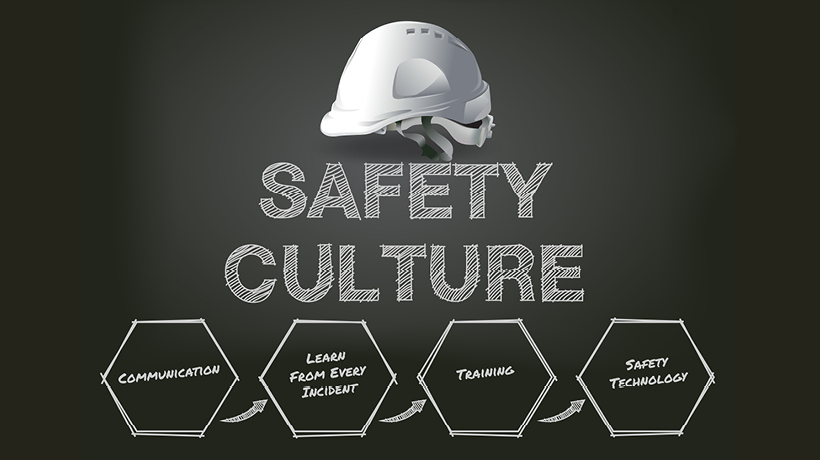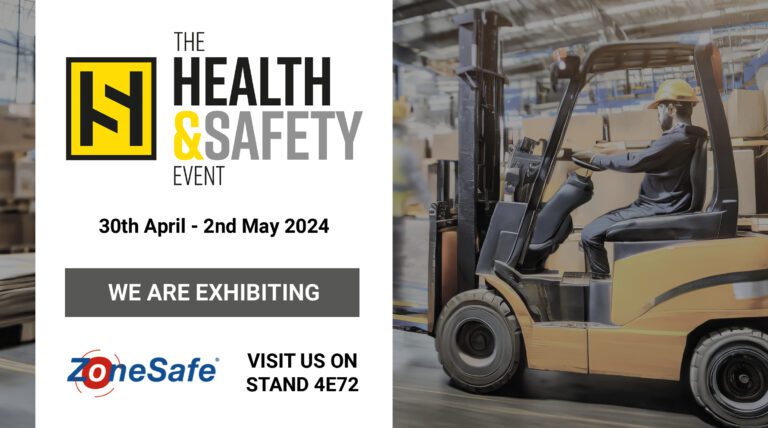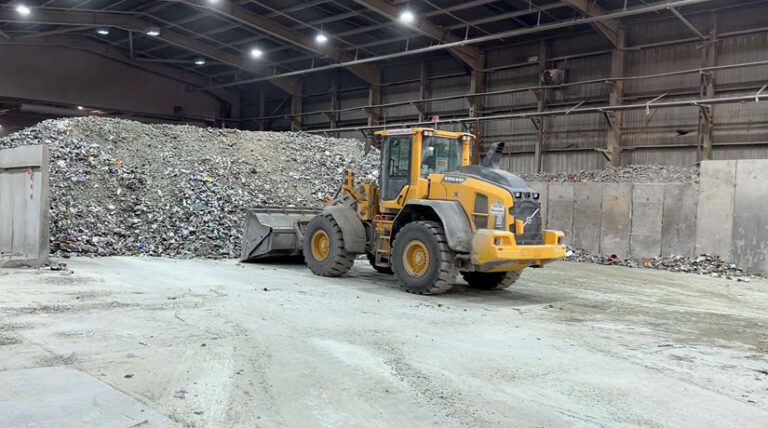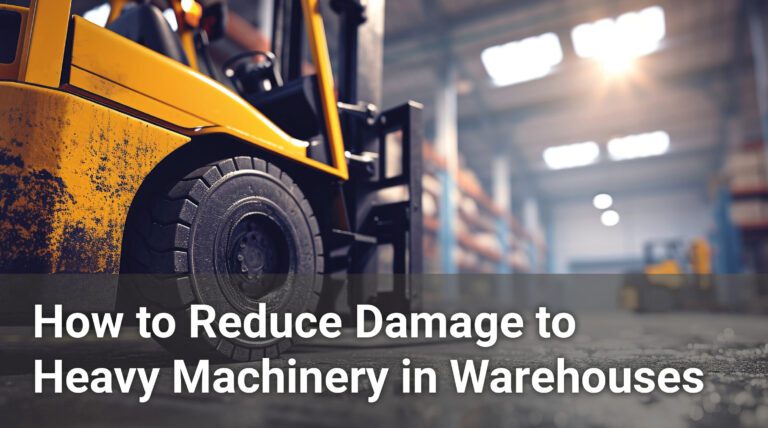
What is safety culture?
In high-risk industries, a strong company safety culture is a must but what exactly does this mean? The Health and Safety Executive (HSE) defines an organisation’s safety culture as: “the product of individual and group values, attitudes, perceptions, competencies and patterns of behaviour that determine the commitment to, and the style and proficiency of, an organisation’s health and safety management”. Safety should of course be at the core of your business with safety culture coming directly from management and being an integral part of the overall culture of your business.
In the industries we work with including waste & recycling, manufacturing, logistics and construction; life-changing and fatal accidents are disproportionately high. But nothing is more important than keeping people safe. Workplace accidents can be life-changing and reduce the morale and trust of staff. They also cost your business money.
Companies that really commit to safety culture put safety above all else, including production and revenue. The attitude to safety is assertive, communicative, and every incident is viewed as a learning opportunity.
Top tips for establishing a positive safety culture within your business:
- Communication. Communication is critical in any company safety culture and should come from the top down with management leading by example. It works both ways – managers must listen to the concerns of your workforce and act on reported risks. Make safety part of the daily conversation to make sure everyone within your business has a clear understanding of company procedures and takes ownership of their own and others safety. In industrial workplaces, heavy machinery, movement of vehicles and changing shift patterns/handovers make it difficult but it is crucial to find ways to communicate safety information despite the challenges.
- Learn from every incident. Today’s minor incident could be tomorrow’s fatal accident. Does your business have a safe culture for reporting incidents without fear of blame? It is important to listen and learn from workforce feedback and concerns. Reported incidents must be investigated, risk assessed and acted on. Failure to investigate equals a lost opportunity and could result in a more serious event down the line. Where a real threat is identified, it’s also helpful to research and share the results within industry to ensure the whole sector can learn from it and properly address hazards to worker safety.
- Health and safety training is a legal requirement, but it doesn’t have to stop there. Ongoing refresher training can be included under company procedures to strengthen and refresh base knowledge. Training should be extended to everyone within your business including management and temporary and contract workers. Safety procedures and risks must be communicated along with familiarisation of new equipment and technology – training is a key part of this process. It’s also worth considering E-learning and online training options which make it quick and easy to keep your workforce safety knowledge up to date.
- Safety technology. There is a lot of tech out there to help make your business safer so it’s definitely worth doing your research and considering the investment. Safety technology greatly enhances awareness of hazards, so important in high-risk workplaces. Taking measures to highlight risks such as crossings, moving machinery and vehicles, blind spots and drop zones can be the difference between life and serious or fatal accidents. ZoneSafe works with a wide range of businesses to tailor its proximity warning solutions to meet their specific needs.
Continue Reading

Visit ZoneSafe at The Health & Safety Event
Our next exhibition this year comes at The NEC for The Health & Safety Event. This is a fantastic opportunity for you to explore the…

How to Improve Vehicle Safety In Your Waste Centre
Workplace transport accidents are one of the most common causes of serious injuries and fatalities in the waste management industry, and being struck by a…

How to Reduce Damage to Heavy Machinery in Warehouses
Warehouses are bustling places, and keeping the daily operation efficient is crucial to maintaining on-time order fulfilment requirements. The constantly moving environment with multiple pieces…
Get in Touch
See how ZoneSafe can provide a solution for you Get in touch
